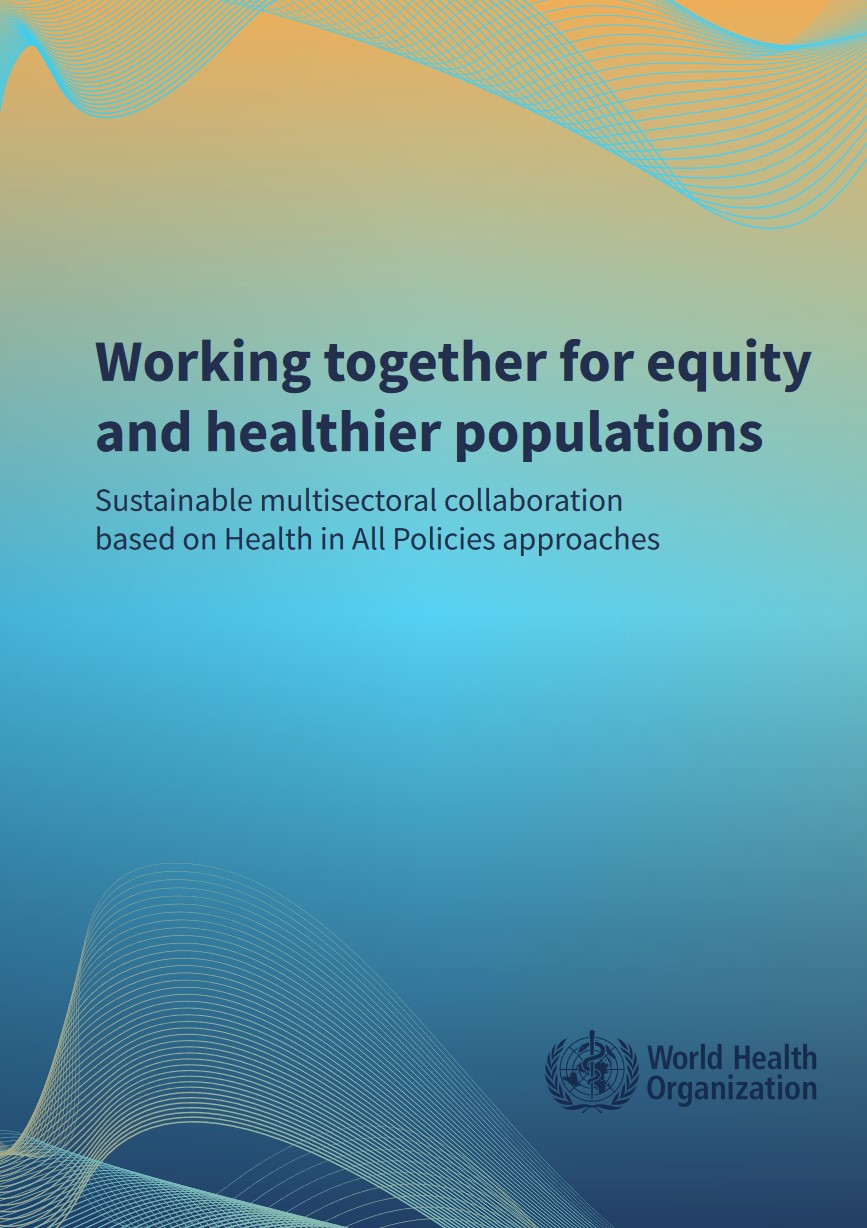World Health Organization
Voice, agency, empowerment - handbook on social participation for universal health coverage
Guide
18 Oct 2024
13 Nov 2023

Governments across the globe are increasingly facing intersecting social, political, economic and environmental challenges. Among these are social inequalities that impact health dramatically. Health is created and destroyed by many different factors in society and in the environment, beyond an individual's behaviour and direct control. The growing evidence base supporting the call for social and environmental justice underscores this point. The 2022 Geneva Charter for ell-being stresses that fairer societies are healthier societies. In response, there is growing recognition of the importance of inter- and multisectoral collaboration among ministries and departments to achieve sustainable development. Following the Paris Agreement, the call for a “just transition” to a low carbon-based economy has gained traction in the acknowledgement that policy goals do not naturally align. Not all climate transition policies will yield positive health and social impacts. For example, insulation and energy pricing may have negative health and health equity impacts, arising through poorer air quality; and forest protection initiatives may focus too little on material wealth and cultural issues impacting health for Indigenous Peoples.